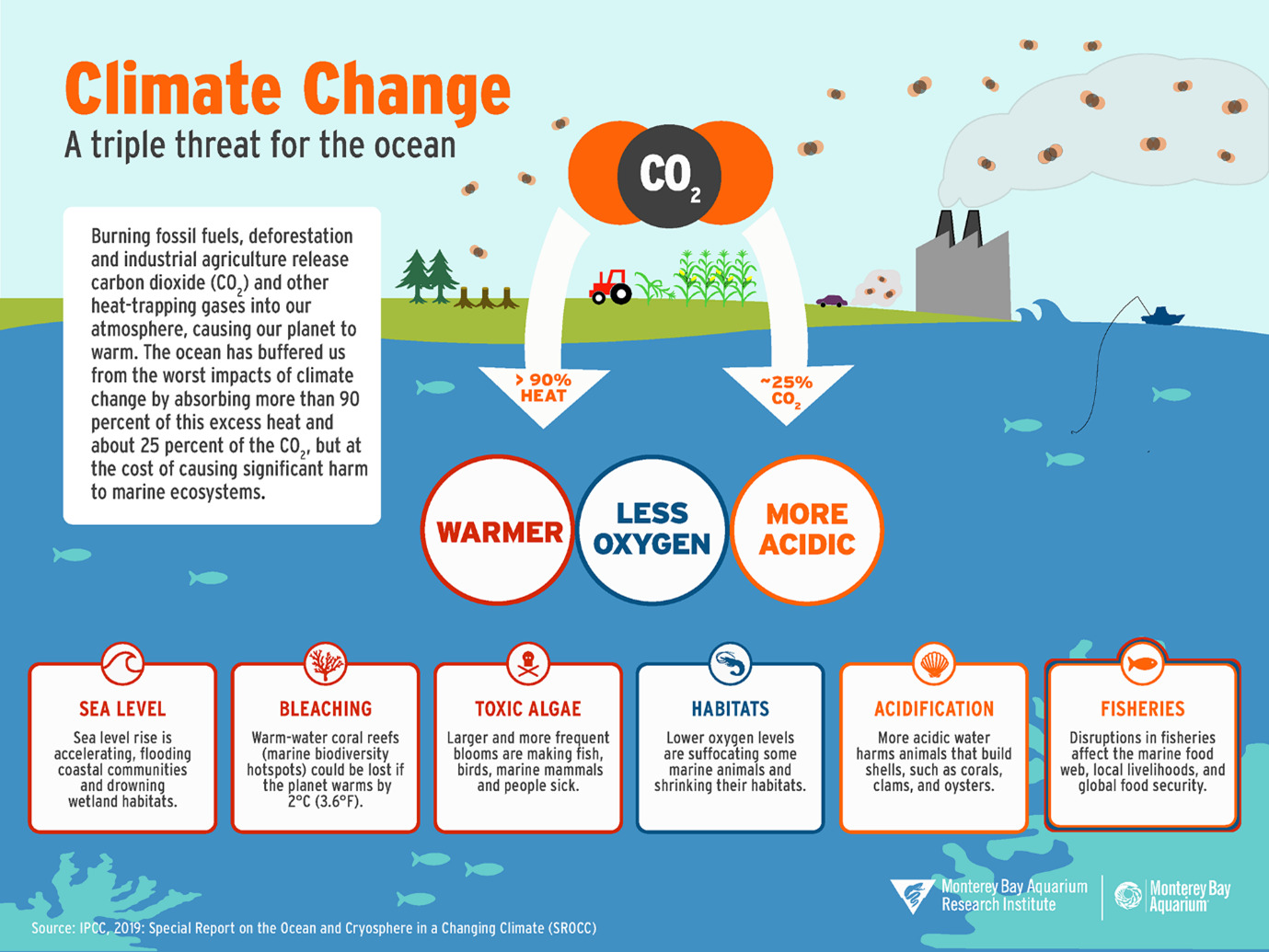Oceans cover more than 70% of the Earth’s surface and are a natural asset which provide ecosystem goods and services vital to all life on Earth including food, climate regulation, coastal protection, and cultural value. These goods and services have an estimated annual value of $2.5 trillion and are the basis for the employment of millions of people across fishing, shipping, tourism, energy, biotechnology, and other sectors. The ocean’s substantial contribution to the world economy is often described as the “blue economy”, defined by the World Bank as “the sustainable use of ocean and coastal resources to drive economic growth, improve livelihoods, while protecting and nurturing healthy marine ecosystems.”
Considering our dependence on the blue economy, it is all the more concerning that our current ocean resource use patterns threaten its sustainability. In its 2019 Special Report on the Ocean and Cryosphere in a Changing Climate, the Intergovernmental Panel on Climate Change warned, with a high degree of confidence, that eutrophication, loss of oxygen, and anthropogenic activities (most significantly domestic, industrial, and agricultural runoff pollution) will worsen warming-induced aquatic ecosystem impacts.

Illustration of the various impacts of climate change on ocean chemistry and physics and the subsequent effects of these on ocean ecosystems and economies. Source: IPCC, 2019
The ocean clearly is falling sick from unabated human-induced pollution and climate-related factors. These stressors pose a grave threat to both aquatic and human life and undermine the productivity of our oceans. If we wish to secure our ocean’s continued provision of valuable ecosystem goods and services, then great steps must be taken to minimize anthropogenic impacts on ocean health.